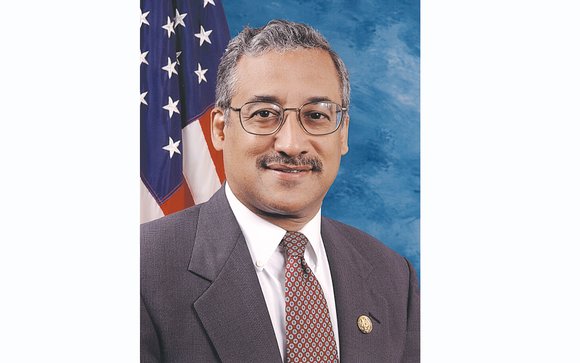Scott co-leader of bipartisan effort to curb federal prison spending
Jeremy M. Lazarus | 7/3/2015, 10:01 a.m.
From Virginia to California, states are pushing change to cut their ballooning prison costs that collectively approach $60 billion.
Instead of automatically locking up people, 32 states have put in place reforms during the past five years that have reduced the numbers of people imprisoned without increasing crime rates. The efforts have saved at least $4 billion.
That includes reserving prison cells for the most serous offenders and doing more to divert lower-level offenders to supervised support programs outside prison.
Some states are freeing up beds by releasing older prisoners — or at least the terminally ill — or using good time and shorter terms as strong incentives for inmates to participate in programs aimed at reducing their chances of returning to prison after release.
One of the most effective reforms has been to beef up probation services, allowing for earlier supervised release.
Virginia, which has closed nine state prisons in recent years, now has 49,000 people on supervised release, far more than the 37,000 felons held in state prisons and local jails.
Additionally, another 36,000 people charged primarily with misdemeanor offenses that would send them to local jails in Virginia are under supervision before trial or after conviction in community-based programs.
Two veteran congressmen, Virginia Democrat Robert C. “Bobby” Scott and Wisconsin Republican F. James “Jim” Sensenbrenner Jr., have seen what the states are doing and want to use those ideas to reform the out- of-control federal prison system.
Last week, the two veterans stood together to introduce the Safe, Accountable, Fair and Effective (SAFE) Justice Act that they say would rein in a system that now costs $6 billion a year and has helped make the United States No. 1 in the world for the number of people incarcerated.
Since 1991, the federal prison population alone has tripled from around 71,000 people to more than 215,000 inmates, leading to overcrowded prisons with little impact on crime and fueled by Congress’ embrace of the “lock ’em up and throw away the key” philosophy.
The federal system increasingly is clogged with defendants, studies show, as a result of lawmakers creating thousands of new crimes and more than doubling the number of offenses that qualify for mandatory sentences that require a certain amount of prison time.
“We cannot allow our criminal justice system to remain on its current trajectory,” Rep. Sensenbrenner of Milwaukee noted. “It’s not only fiscally unsustainable, but morally irresponsible.”
Among other things, the Scott- Sensenbrenner bill would reserve mandatory minimum sentences for major drug traffickers, rather than couriers and street-level dealers, and limit life sentences only for the most egregious repeat offenders.
The bill also would expand compassionate release for lower-risk geriatric and terminally ill offenders, promote greater use of probation for lower-level offenders and encourage creation of problem-solving drug and mental health courts that now do not exist.
The SAFE Justice Act also seeks to deal with what members of both parties also consider a problem — that too many violations of federal regulations now are treated as criminal matters.
The bill would require better disclosure of regulatory offenses that are listed as criminal matters and mandate that Congress attach fiscal impact statements to all future sentencing and corrections proposals.
“Our criminal justice system is long overdue for reform,” Rep. Scott said. “Our bill implements the successful, evidence-based reforms from the states and restores accountability, fairness and rationality to our federal criminal justice system.
“More importantly,” he said, “we are proposing to use an evidence-based approach to reduce over-criminalization and over-incarceration and reinvest the savings into community-based prevention programs.”
The bill is co-sponsored by Reps. Doug Collins, R-Ga.; Elijah Cummings, D-Md.; Raul Labrador, R-Idaho; Judy Chu, D-Calif.; Mia Love, R-Utah; and Scott Rigell, R-Va.
Rep. Rigell of Virginia Beach pointed to the coalition backing the bill as evidence of the broad support for change.
The support ranges across the political spectrum, from the NAACP and ACLU to the Washington D.C. Police Foundation and Koch Industries, owned by two brothers who are key financiers of conservative candidates.







